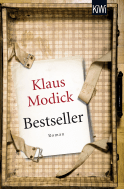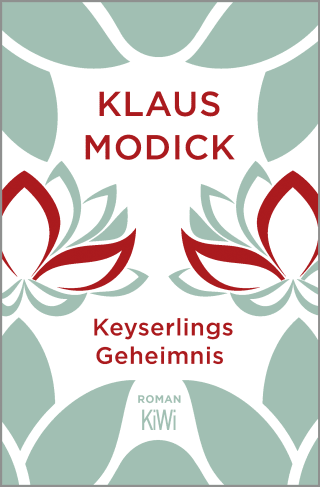Ein geheimnisumwittertes Porträt, ein Skandal und ein brillanter Schriftsteller – Klaus Modicks Roman über Eduard Graf von Keyserling
Sommer 1901 am Starnberger See. Der impressionistische Maler Lovis Corinth porträtiert den baltischen Adligen und Schriftsteller Eduard Graf von Keyserling. Doch die geheimnisumwitterte Vergangenheit des Dandys holt ihn ein, als unvermittelt eine durchreisende Sängerin erscheint. Ist sie jene Frau, die ihn vor mehr als zwanzig Jahren in einen Skandal verwickelte, der ihn zur Flucht nach Wien zwang und in Adelskreisen zur persona non grata werden ließ?
Geistreich, einfühlsam und voller Witz spürt Klaus Modick in seinem Roman Keyserlings Geheimnis den emotionalen und gesellschaftlichen Widersprüchen der Jahrhundertwende nach. Er erzählt davon, wie ein Außenseiter zu jenem brillanten Schriftsteller wurde, der den Zerfall der eigenen Klasse mit Melancholie und scharfsinniger Ironie beschrieb. Ein fesselnder Künstler-Roman über die Bohème der Jahrhundertwende, den Impressionismus und einen fast vergessenen Autor.


